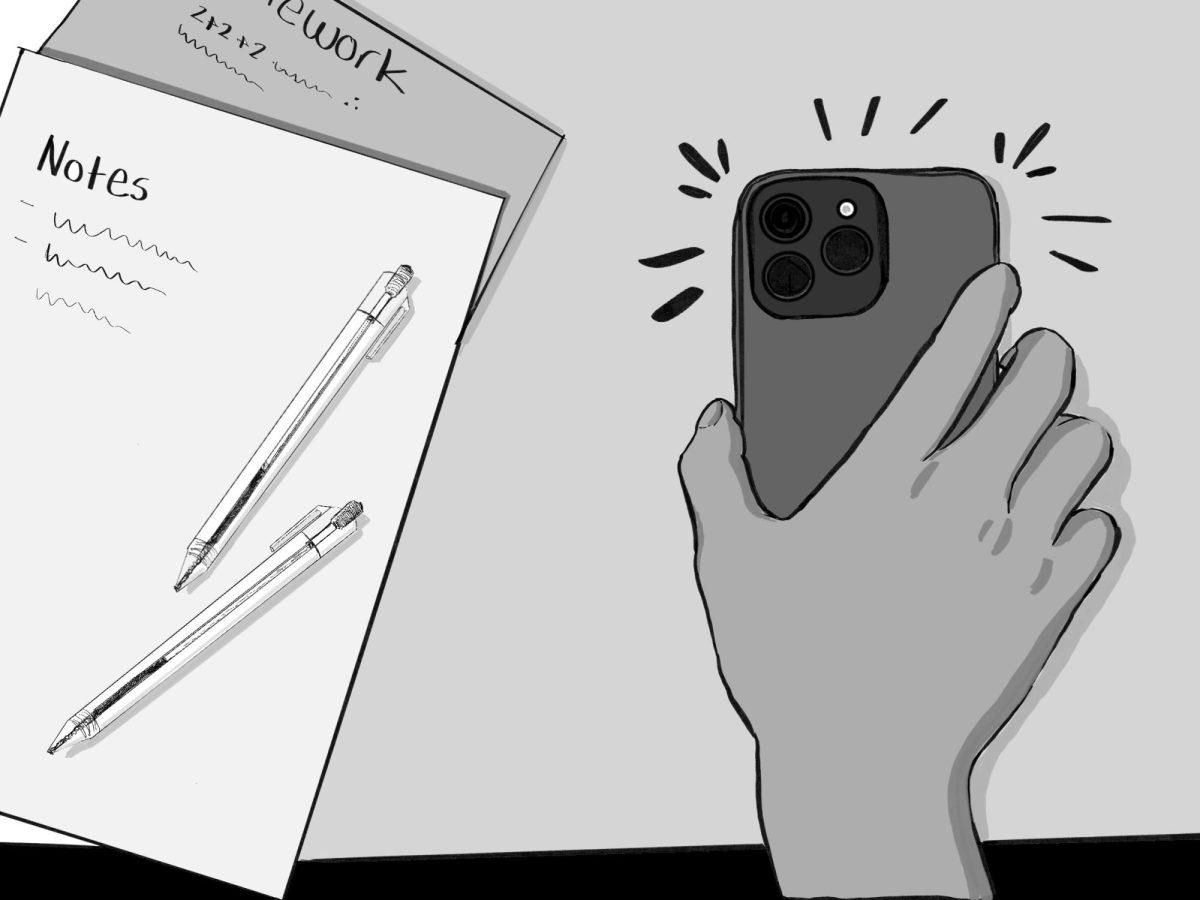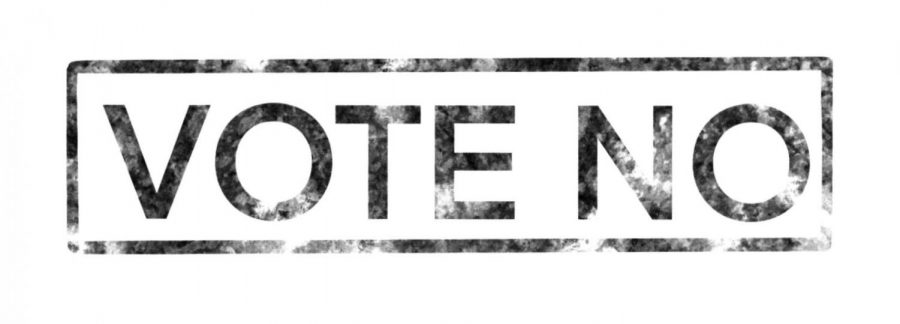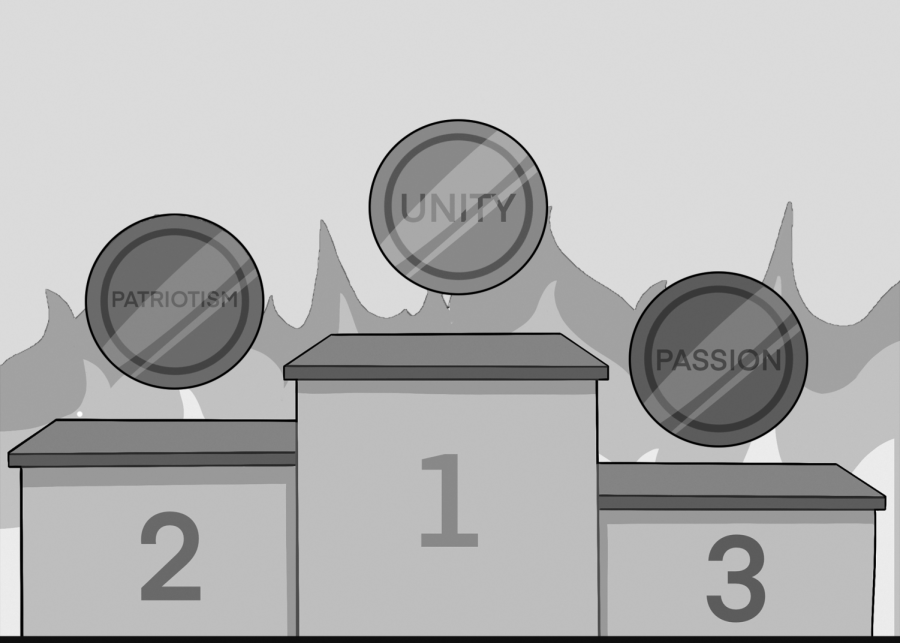To a certified feminist seven days a week, the lyrics of Cardi B and Megan Thee Stallion’s hit “WAP” (an acronym for “Wet Ass P**** ”) invite the discussion of modern day female empowerment and whether “WAP” is an example of it.
For context, “WAP,” a song recently released by two prominent female rappers, sparked perplexing controversy across the internet for its explicit language and the allegedly self-objectifying tone attributed to its lyrics and music video. Some Americans were enraged by Cardi B and Megan Thee Stallion’s open expression of their sexual preferences and encounters, though countless songs performed by male rappers use the same language without criticism. In a male-dominated industry within a patriarchal society, some find it abhorrent for women to embrace their sexualities without filters, while others think it is revolutionary.
Not only does the rap industry favor male performers, but it also consistently dehumanizes women. In 2001, sociologists Charles E. Kubin and Ronald Weitzer investigated the prevalence of misogyny in a large sample of hip hop and rap songs: 49% included shaming and name-calling in their lyrics, 67% sexually objectified women and 18% described acts of violence against women. Instead of perpetuating this cycle of degradation, WAP encourages women to shift power from men to themselves, break glass ceilings and find success despite societal obstacles. The song itself is an example of this; Cardi B and Megan Thee Stallion broke records with its release, reaching No. 1 on multiple Billboard charts and being labeled one of the most successful collaborations in history by the magazine.
Teenage girls particularly feel the effects of societal efforts to shame women for unfiltered self-expression in this age of social media. With the rise of platforms such as Instagram and Snapchat, photos and videos have become a prominent medium for social exchanges and interactions. Unfortunately, many girls face harassment such as “slut-shaming” for posting photos of their faces or bodies. Many girls post revealing content with the intention of conveying their confidence or showing off a hard-earned body. Some falsely argue that in these posts, women render their objectification permissible. Many girls’ beach posts on social media include comments saying denigrating things like “women are objects” or “this is why I’m never having a daughter.” In a world that sets impossibly high beauty standards for the female gender, women with strong self-confidence are rare occurrences.
The argument that women who post revealing photos or sing about sex are permitting men to see them as objects is an understandable consequence of the current societal and gender norms. However, this line of reasoning is invalidated when one considers it alongside the fact that women have been objectified since the beginning of human society, regardless of how they present themselves. The difference, therefore, between empowerment and objectification is who is in the position of power. If someone speaks about a woman’s body as though it were a piece of meat, that’s objectification. If a woman speaks about her own body or shows it out of pride, that’s empowerment.
Cardi B and Megan Thee Stallion wrote a song that took a stand against the sexualization and objectification of women. Teenage girls frequently reclaim their confidence in a society that constantly deems them unsatisfactory by posting photos in which they feel beautiful. Under no circumstances do either of these forms of self-expression warrant the objectification of women. In both situations, women empower themselves by taking the predicates used by society to demean them and rendering them powerless.
Both WAP and the rise of social media give all women, especially girls born in Generation Z, a chance to fight back against our patriarchal society and to take control of their bodies, sexualities and beauty.

































